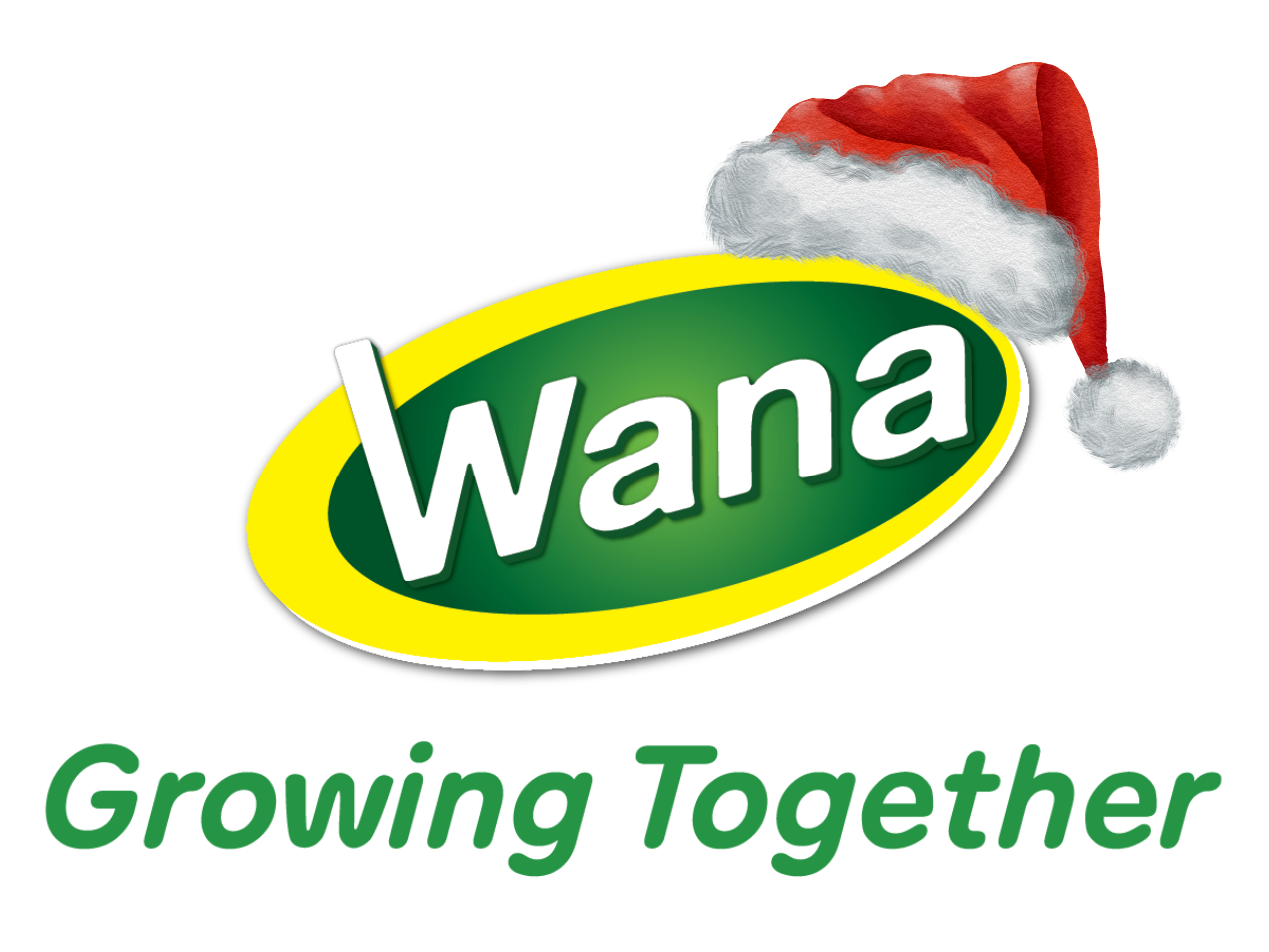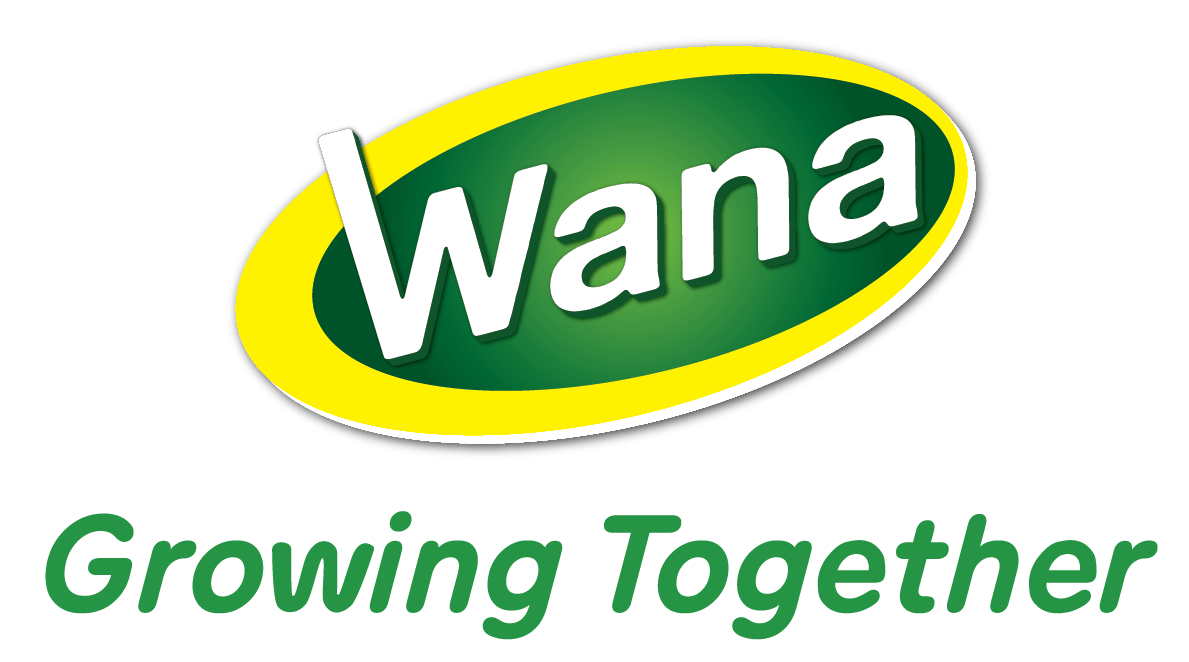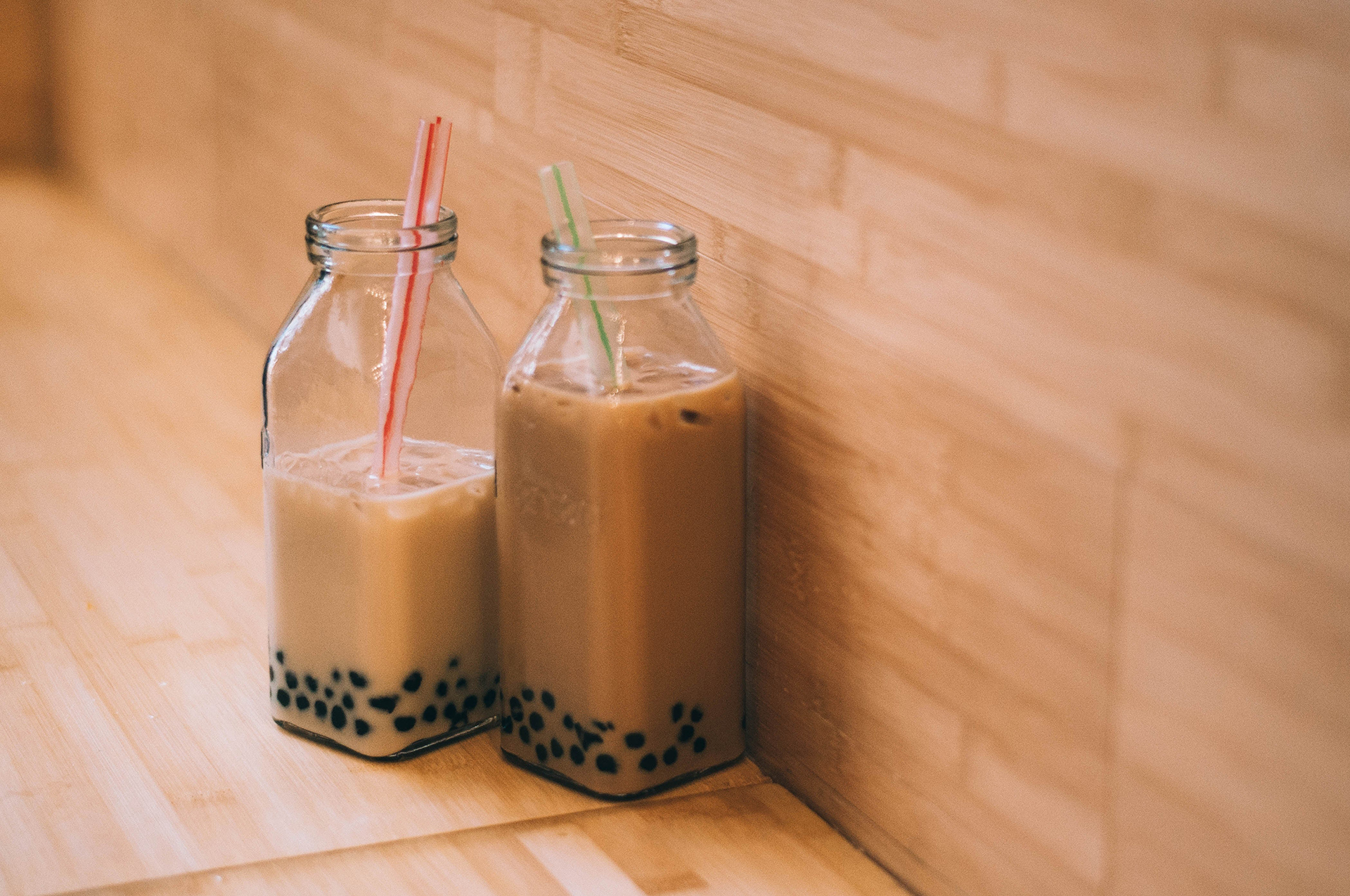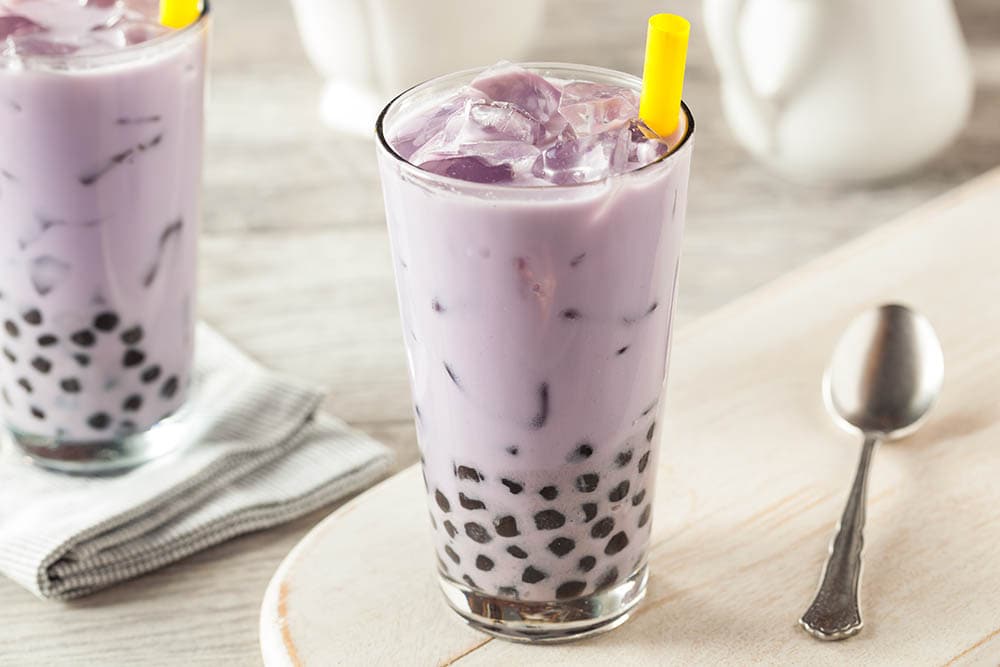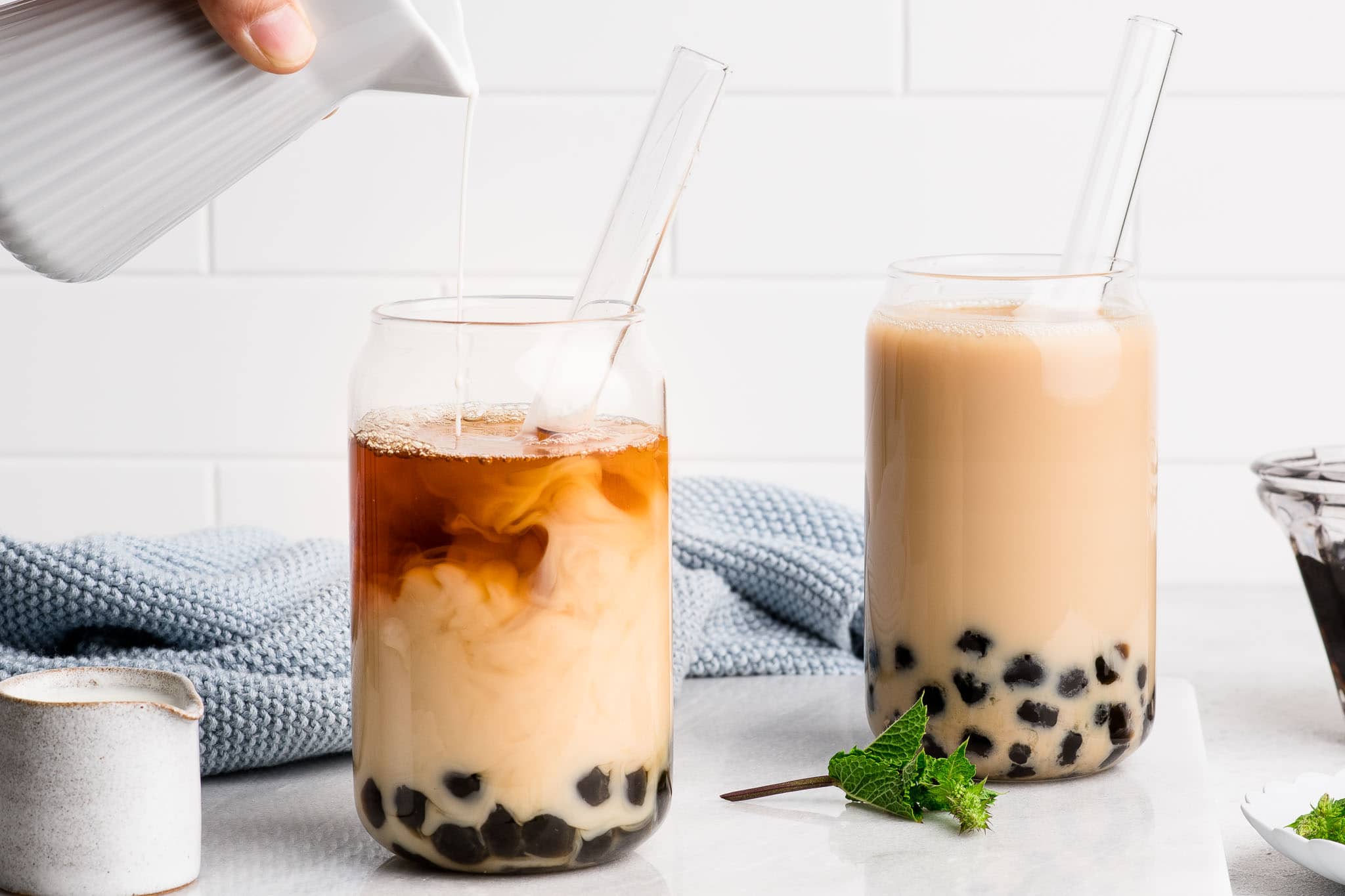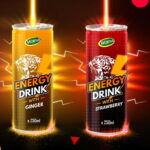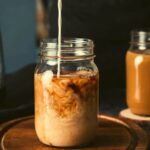Have you started your own business with beverage yet? Are you considering Bubble Milk Tea added in your lists? Maybe your answer is yes! Bubble Milk Tea never stops being hot, especially for the best potential customers, young generation! If you are looking for some reasons why you need to care more about Private Label Bubble Milk Tea, this blog is for you! Read it and start your journey now!
What is Bubble Milk Tea?
Bubble milk tea, also known as boba milk tea, is a popular Taiwanese tea-based drink that originated in the 1980s. It is typically made with black tea, milk, sugar, and chewy tapioca pearls or boba, which are small balls made from tapioca starch. The drink is usually served cold and shaken to create a frothy and creamy texture.
The history of bubble milk tea can be traced back to Taiwan in the 1980s. At that time, a tea shop owner named Liu Han-Chieh began experimenting with adding fruit flavors and syrups to his tea drinks in order to attract younger customers. He also began adding tapioca balls to his drinks, which created a unique texture and flavor.
The popularity of bubble milk tea grew quickly in Taiwan and soon spread to other countries in East and Southeast Asia. In the 1990s, bubble milk tea became popular in the United States, particularly in areas with large Asian-American communities. Today, bubble milk tea is a popular drink worldwide, with many different variations and flavors available.
In recent years, there has been some controversy surrounding the health effects of bubble milk tea, particularly the high levels of sugar and calories in some versions. However, many tea shops and manufacturers have responded by offering healthier options with less sugar and more natural ingredients. Overall, bubble milk tea remains a beloved and iconic beverage that continues to evolve and adapt to changing tastes and trends.
The current state of the milk tea market
The milk tea market continues to grow and evolve, with new flavors, variations, and concepts being introduced regularly. The market is highly competitive, with many established brands and new players vying for market share.
In recent years, there has been a trend towards healthier and more natural ingredients in milk tea products. Many consumers are looking for drinks with less sugar and fewer artificial additives. As a result, many milk tea shops and manufacturers are now offering healthier options, such as teas with fresh fruit or herbal infusions, and plant-based milk alternatives like almond, soy, and oat milk.
The pandemic has also had an impact on the milk tea market, with many shops and manufacturers experiencing supply chain disruptions and reduced demand due to temporary closures and changes in consumer behavior. However, as restrictions have eased and people have begun to return to their normal routines, the market has started to recover.
Overall, the milk tea market remains strong and resilient, with many opportunities for growth and innovation. As consumers continue to seek out new and exciting beverage experiences, the milk tea market is likely to remain a popular and important part of the global beverage industry.
Benefits of private label bubble milk tea drinks
- Branding: This allow business owners to create their own unique brand and image. This can help differentiate their products from competitors and build brand loyalty among customers.
- Cost-effective: Private label products can be produced at a lower cost compared to branded products. This allows business owners to offer their products at a lower price point, which can attract more customers and increase sales.
- Control over quality and ingredients: With private label products, business owners have more control over the quality and ingredients of their products. They can choose high-quality ingredients and ensure that their products meet their own standards for taste and quality.
- Flexibility: Private label products can be customized to meet the specific needs and preferences of customers. Business owners can offer a range of flavors and variations to appeal to different tastes and preferences.
- Increased revenue: Private label products can help businesses increase their revenue by expanding their product offerings and reaching new customers. This can also help them diversify their revenue streams and reduce their dependence on a single product or service.
How to gain more profits from Private Label Milk Teas?
Lower production costs
By producing their own private label bubble milk tea drinks, businesses can reduce production costs and increase profit margins. They have greater control over the quality and cost of the ingredients used, and can often negotiate better prices with suppliers due to the larger volume of ingredients they purchase.
Reduced marketing costs
Private label bubble milk tea drinks are often sold under the business’s own brand, which means that businesses don’t need to spend as much money on marketing and advertising. This can help to reduce overhead costs and increase profit margins.
Increased customer loyalty
Private label bubble milk tea drinks can help to increase customer loyalty, as customers are more likely to choose a product that is unique and exclusive to the business. This can help to increase repeat business and generate more revenue over time.
Greater pricing flexibility
With private label bubble milk tea drinks, businesses have greater pricing flexibility and can often price their products more competitively than branded options. This can help to attract price-sensitive customers and increase sales volume, which can in turn increase profit margins.
Manufacturing process of milk teas
Step 1: Research and development
The first step is to research and develop a unique flavor profile for the bubble milk tea drinks. This may involve experimenting with different tea blends, milk types, sweeteners, and flavors to create a unique and appealing taste.
Step 2: Ingredient sourcing
Once the flavor profile has been developed, the next step is to source high-quality ingredients. This may involve sourcing tea leaves, milk, sweeteners, and other ingredients from suppliers that meet the business’s quality standards.
Step 3: Production
The bubble milk tea drinks are then produced using the selected ingredients. This involves brewing the tea, adding milk and sweeteners, and then adding the tapioca pearls or other toppings to create the signature bubble milk tea texture.
Step 4: Packaging and branding
The next step is to create custom packaging and branding for the private label bubble milk tea drinks. This may involve designing labels, packaging, and other marketing materials that reflect the business’s unique brand identity.
Step 5: Distribution and marketing
Once the bubble milk tea drinks have been produced and packaged, they can be distributed to retailers or sold directly to customers. Marketing and promotion may be necessary to generate awareness and interest in the new product.
Some hot flavors you can consider for your business
There are many hot flavors for milk tea that have become popular in recent years. Here are some examples:
- Brown sugar: It is a popular flavor that features brown sugar syrup mixed with black tea, milk, and tapioca pearls. It has a rich, caramel-like flavor and is often topped with brown sugar crystals.
- Matcha: It is made with green tea powder and milk, giving it a distinctive earthy and slightly bitter flavor. It is often topped with matcha powder or red bean paste.
- Ube: This syrup mixed with milk and black tea, giving it a unique and slightly sweet flavor. It is often topped with ube jelly or pearls.
- Fruit flavors: We can list strawberry, mango, and peach being particularly popular. These teas are often made with fruit syrup or fresh fruit puree.
- Taro: Taro milk tea is made with taro root powder, giving it a slightly nutty and sweet flavor. It is often topped with taro chunks or pearls.
- Lavender: It is a floral and slightly sweet flavor that is often made with lavender syrup or dried lavender flowers.
Wrap-up
In conclusion, private label milk tea offers a range of benefits for business owners who want to create a unique and profitable product. By leveraging the flexibility and cost-effectiveness of private label products, business owners can differentiate themselves from competitors, increase their revenue, and build a loyal customer base.
Whether you’re an established tea shop or a new entrepreneur looking to break into the beverage industry, private label bubble milk tea can be a valuable and rewarding investment. So, if you’re considering, private label milk tea is definitely worth considering. With its versatility, popularity, and potential for growth, it’s an exciting and dynamic product that can help take your business to the next level.
